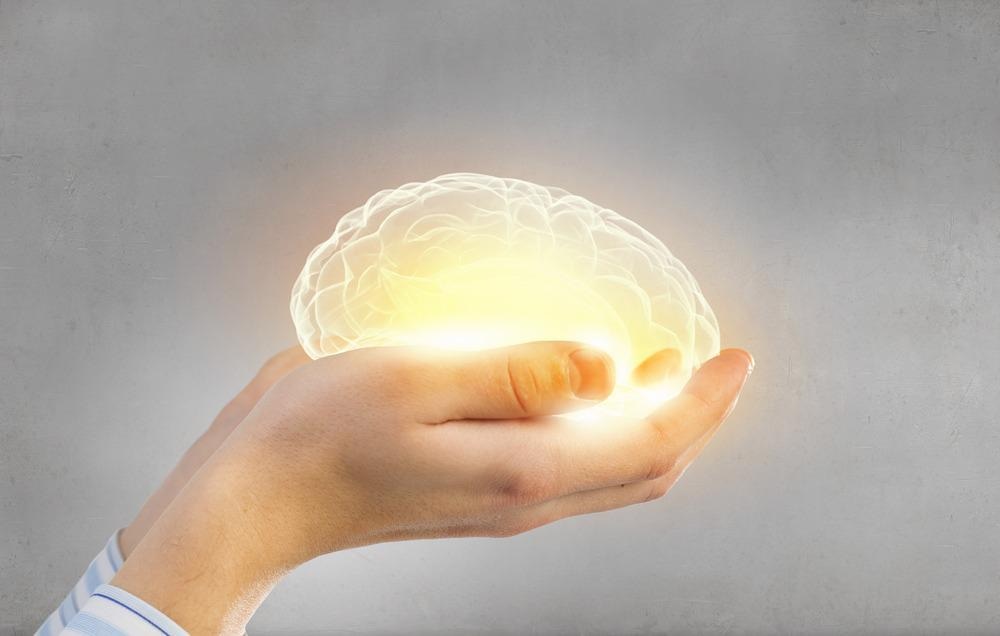Introduction
About Urinary Incontinence
UI as the Result of Mental Disease
Mechanism of Association
UI as the Cause of Mental Illness
Management
References
Urinary and fecal incontinence refers to the involuntary leakage of urine and feces. They are related both as cause and result to the presence of mental illness.
About Urinary Incontinence
Urinary incontinence (UI) affects many adults but is often suffered in silence because of the shame attached to this symptom. Several types of UI have been described, namely, stress UI, urge UI, and mixed UI (SUI, UUI, and MUI, respectively). UI may occur from a host of causes, affecting about 3-6% of the population. Obesity, injuries to the pelvic floor, neurologic disease, and underlying urologic conditions are some of the etiological factors. The prevalence in women is much higher, however.
This is because pelvic floor injuries are so common in women due to obstetric trauma, hysterectomy, and menopause, as well as the effects of diabetes, urinary tract infections, aging, and neurological disorders that are more common in women.
It is more common and severe with age. This may be attributed to the increased risk of UI with neurological disorders, cognitive disorders, traumatic brain injury, and strokes. Prostatectomy is another cause in men, as well as urethral obstruction within the prostate or at the bladder neck, or, in women, following some urological procedures.
With many developed nations having rapidly aging populations, UI is likely to become a significant problem impacting mental health.
Researchers estimate that UI affects up to 40% of women in the UK, while in the USA, about two of three women above 50 years have UI. In Korea, it was reported in over half of older women. However, a wide disparity is seen in various studies, with the prevalence varying between 5 and 74%, in adult women.

Image Credit: ANN PATCHANAN/Shutterstock.com
UI as the Result of Mental Disease
Mental health disorders may mean the person is too confused or distracted to get to the bathroom in time, causing incontinence. Secondly, some medications used to treat mental diseases could cause urge incontinence or reduce the bladder sensation that signals the need for urination.
A third factor could involve ingesting large quantities of bladder irritants and diuretics such as caffeine or alcohol. Finally, lifestyle factors could lead to chronic ill-health that neglects basic functions such as urination. Smoking could lead to a persistent cough, which could cause weakening of the pelvic floor muscles over the long term.
Mechanism of Association
Serotonin is a neurotransmitter that is thought to explain incontinence and depression. Depression, in turn, could boost circulating cortisol and catecholamine levels and thus cause changes in bladder function and UI. Depression and UI have an additive effect on each other.
UI as the Cause of Mental Illness
UI is often linked to more aches, weakness, and a higher chance of falls in older adults as they hasten to reach the bathroom in time. Alternatively, using diapers or a commode may discourage their sense of independence and lead to anxiety disorders and depression. These are also sometimes mediated by, or result in, loneliness.
UI is a profoundly embarrassing situation and leads to a shrinking away from social contacts and, therefore, from social activities. Due to this, the person has to deal with UI and social isolation and loneliness, leading to a greater risk of self-neglect and death. Especially with older people, clinicians should tell them about the condition and its effects on them and treatment options.
With severe UI in women, the chances of depression were 80% higher vs. 40% higher with mild to moderate degrees of UI. Anxiety symptoms were increased by 50% in men and women. Where UI was severe enough to cause impaired function, the prevalence of anxiety was increased four-fold.
Fecal incontinence (FI) is an even greater shame to the typical patient, with four times higher rates of anxiety, and five times higher rates of depression, along with feelings of humiliation, desperation, and social ostracism. This is primarily related to the fear of FI in public, where they cannot hide it, with deeply anxiety-inducing consequences.

Image Credit: ESB Professional/Shutterstock.com
Management
After assessing the severity of UI or FI, screening for negative thoughts and avoidance behaviors should be carried out to identify and then disrupt a vicious cycle of incontinence-physiological-psychosomatic-incontinence symptoms. For instance, incontinence anxiety can occur, leading to behaviors like avoiding situations where incontinence might occur, compulsive urination or defecation, recurring severe symptoms of urgency, and fear of incontinence.
Researchers have found that women with UI are prone to depression and poor self-esteem, even after adjusting for age, parity, whether or not a hysterectomy was performed, income, education, and body mass index (as a measure of body weight for height, and body fat mass). However, a history of hysterectomy was associated with higher risks of depression and stress and lower self-worth, which points to the need to support women post-hysterectomy for mental health and physical.
Screening for UI should be done, remembering that it is unlikely to be blurted out spontaneously. Such screening should include probing gently for loneliness and other psychological symptoms as well. The patient should be helped to become more aware of how the mental and psychological symptoms are linked to the UI to cope with them better.
Learning to live with such symptoms by seeking help, remaining vigilant, and learning how to plan for incontinence and accept them in a positive light. Another positive measure could be to encourage group interactions in an appropriate setting.
Such management has been found to improve self-esteem and quality of life and enhance patient satisfaction with the treatment. Professional help should be made available as required. It is essential to realize that starting treatment promptly will boost the chances of a successful outcome with fewer sessions and a more straightforward intervention.
References:
- Stickley, A. et al. (2017). Urinary Incontinence, Mental Health, and Loneliness Among Community-Dwelling Older Adults in Ireland. BMC Urology. https://doi.org/10.1186/s12894-017-0214-6. https://bmcurol.biomedcentral.com/articles/10.1186/s12894-017-0214-6
- Lee, H. et al. (2021). Urinary Incontinence and The Association with Depression, Stress, And Self-Esteem in Older Korean Women. Scientific Reports. https://doi.org/10.1038/s41598-021-88740-4. https://www.nature.com/articles/s41598-021-88740-4
- Kuoch, K. L. J. et al. (2019). Urinary and Fecal Incontinence: Psychological Factors and Management Recommendations. New Zealand Medical Journal. https://journal.nzma.org.nz/journal-articles/urinary-and-faecal-incontinence-psychological-factors-and-management-recommendations
- Cheng, S. et al. (2020). Association of Urinary Incontinence and Depression or Anxiety: A Meta-Analysis. Journal of International Medical Research. https://doi.org/10.1177%2F0300060520931348. https://journals.sagepub.com/doi/10.1177/0300060520931348
- Debus, G. et al. (2015). Psychosomatic Aspects of Urinary Incontinence in Women. Geburtshilfe Frauenheilkd. https://dx.doi.org/10.1055%2Fs-0034-1396257. https://www.ncbi.nlm.nih.gov/pmc/articles/PMC4361165/
- Siddiqui, N. Y. et al. (2018). Mental Health, Sleep and Physical Function in Treatment Seeking Women with Urinary Incontinence. The Journal of Urology. https://doi.org/10.1016/j.juro.2018.04.076. https://www.auajournals.org/doi/10.1016/j.juro.2018.04.076
Further Reading
Last Updated: Jun 1, 2022